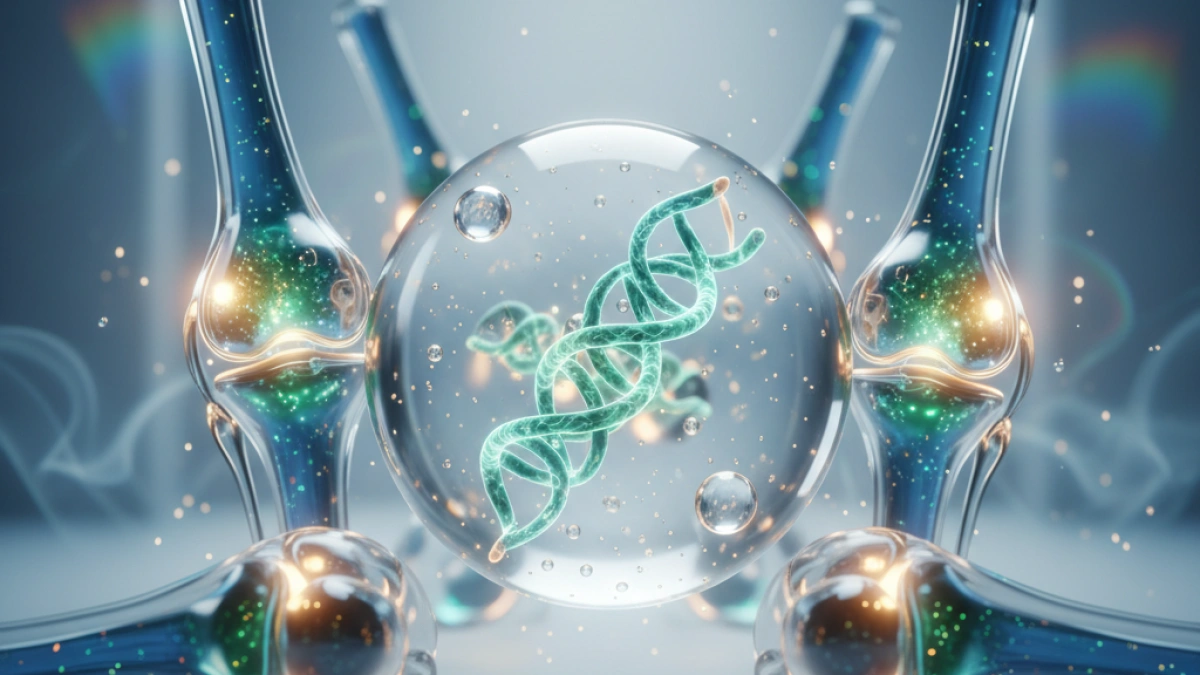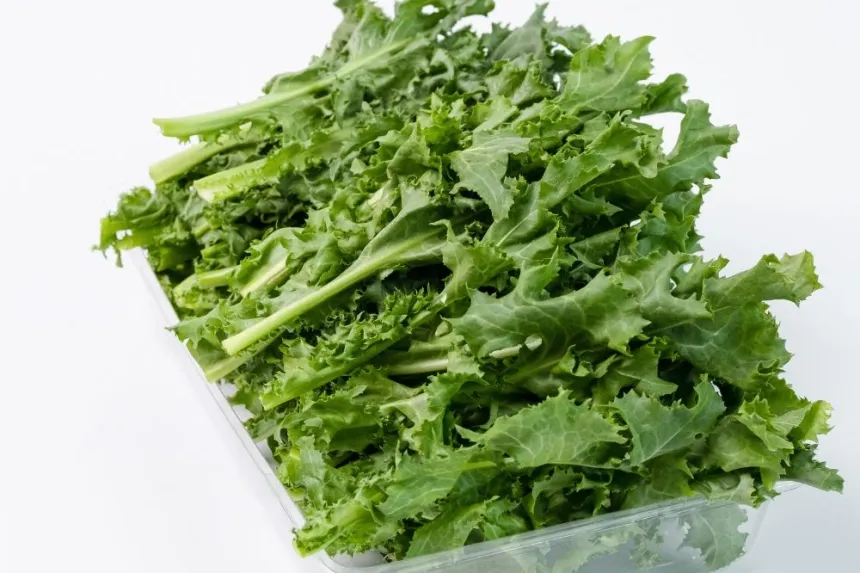Benefits of Collagen for Joint Health

Collagen is a fundamental protein in our body, present in connective tissues such as cartilage, bones, ligaments, and tendons. As we age, collagen production decreases, which can lead to joint health issues. In this article, we will explore the benefits of collagen specifically for improving joint health and how its inclusion in the diet can make a significant difference.
What is Collagen?
Collagen is the most abundant protein in the human body, constituting approximately 30% of total proteins. It can be found in different types, with types I, II, and III being the most common. Each type has specific functions and is located in different tissues:
- Type I Collagen: Predominates in skin, tendons, and bones.
- Type II Collagen: Mainly found in cartilage and is essential for joint health.
- Type III Collagen: This type is located in the skin and connective tissues.
Importance of Collagen for Joints
Joints are largely composed of cartilage, which is the tissue that cushions the ends of bones and facilitates movement. Over time, cartilage can wear down, leading to pain and stiffness—conditions associated with osteoarthritis and other joint disorders. This is where collagen plays a key role.
Helps in Cartilage Regeneration
The consumption of collagen, especially type II, can aid in the regeneration of articular cartilage. This is because it provides the necessary amino acids for the maintenance and repair of this tissue. Many studies suggest that collagen supplementation can contribute to a reduction in joint pain in people with osteoarthritis.
Pain Relief and Improved Mobility
Several studies indicate that the intake of hydrolyzed collagen can help reduce pain associated with movement and improve mobility in individuals with joint conditions. By increasing cartilage density and enhancing joint health, patients have reported a significant decrease in pain.
Boosts Natural Collagen Production
Collagen not only directly contributes to joint tissue but can also stimulate the natural production of collagen in the body. This occurs because hydrolyzed collagen acts as a signaling molecule that sends messages to the cells to produce more collagen, which helps maintain healthy joints over the long term.
Read also
Sources of Collagen
Incorporating collagen into your diet can be straightforward. Some sources include:
- Collagen-rich foods: Bone broths, gelatins, and meat with bones are excellent options for boosting collagen intake.
- Collagen supplements: These come in various forms, such as powders, capsules, and liquids. It is advisable to choose products with hydrolyzed collagen for better absorption.
Conclusion
Collagen presents a promising option for those looking to improve their joint health. Its ability to regenerate cartilage, alleviate pain, and boost the natural production of this protein makes its inclusion in the diet beneficial, especially for adults and active individuals. Ultimately, taking care of our joints should be a priority to maintain a good quality of life.
I invite you to continue exploring more news of this kind on my blog. Your joint health will thank you!











































